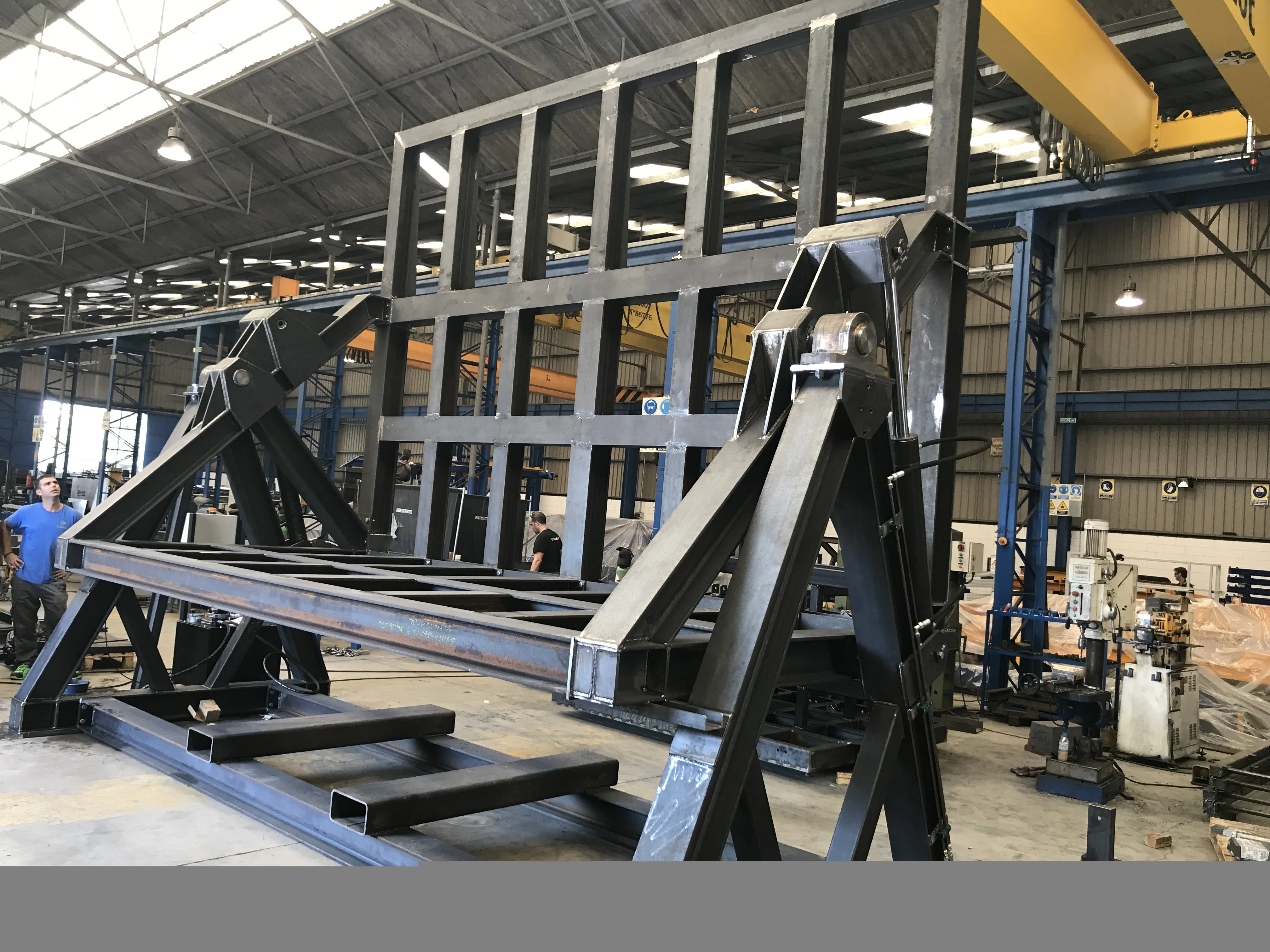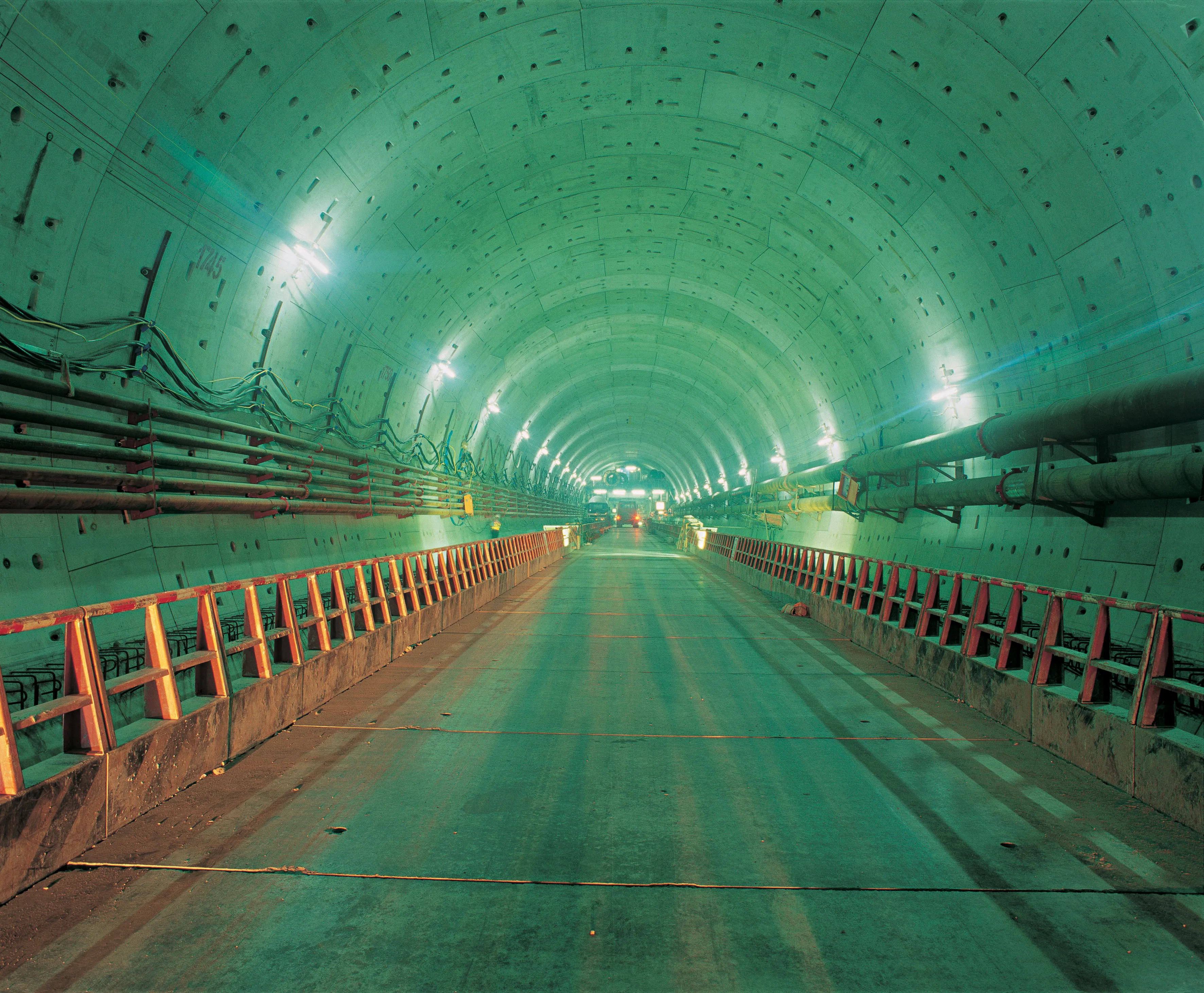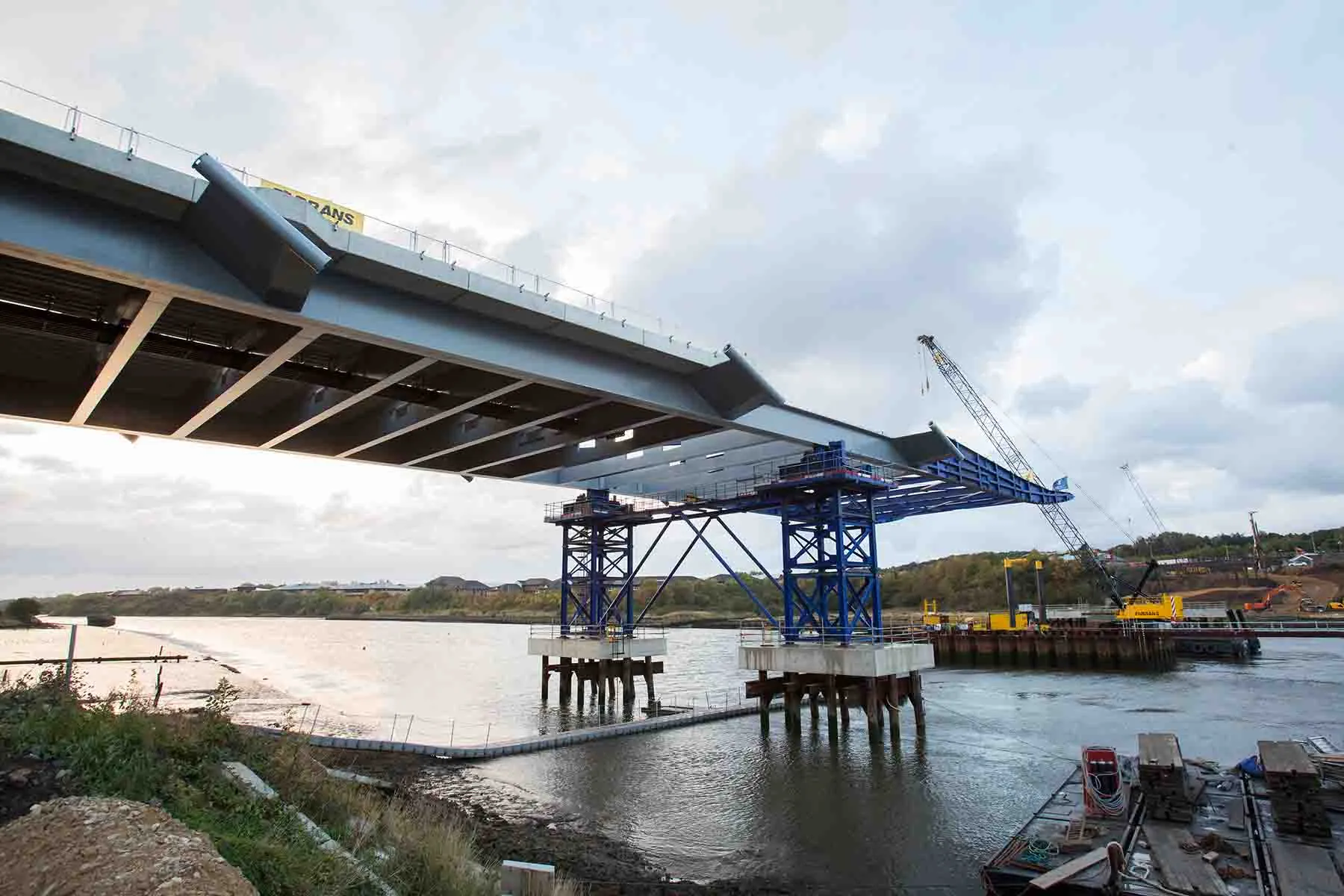
The deal is for the design, manufacture and commissioning of a complete factory for the production of bridge girders and precast concrete frames. This follows a visit by a technical team from Moldtech to Medellin to show the client its latest precast concrete plant technology.
The new plant being erected will allow the client to supply bridge girders up to 45m in length and 2.2m in height. This new facility will be composed of two adjacent buildings, covering an area of 3,125m2.
One of the buildings will house the prestressing heads, which will be equipped with the latest technologies in security and protection. The other buildings will house both the bridge girders and a set of fixed tables for the production of pre-slabs (70m) and buttress sides (50m).
In addition, Moldtech will supply as a complement to the integral project an MT20 System, machinery designed by Moldtech for modular manufacturing of drycast box culverts, with dimensions from 1x1m up to 3x3m. The concrete transport system will consist of two mobile machines with a screw conveyor system in the top side, also manufactured by Moldtech.








